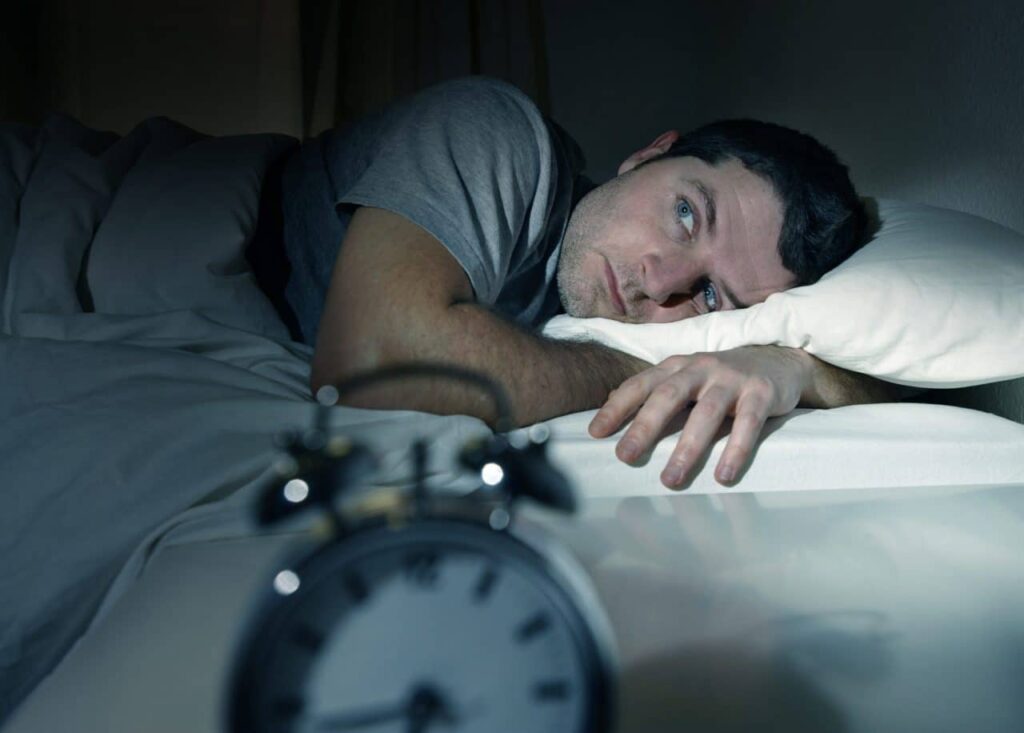
What Is Insomnia?
Insomnia is when you aren’t sleeping as you should. That can mean you aren’t sleeping enough, you aren’t sleeping well or you’re having trouble falling or staying asleep. For some people, insomnia is a minor inconvenience. For others, insomnia can be a major disruption. The reasons why insomnia happens can vary just as widely.
Your body needs sleep for many reasons (and science is still unlocking an understanding of why sleep is so important to your body). Experts do know that when you don’t sleep enough, it can cause sleep deprivation, which is usually unpleasant (at the very least) and keeps you from functioning at your best.
Symptoms
Insomnia symptoms may include:
- Having a hard time falling asleep at night.
- Waking up during the night.
- Waking up too early.
- Feeling tired or sleepy during the day.
- Feeling cranky, depressed or anxious.
- Having a hard time paying attention, focusing on tasks or remembering.
- Making more errors or having more accidents.
- Having ongoing worries about sleep.
Insomnia Causes
Primary causes of insomnia include:
- Stress related to big life events, like a job loss or change, the death of a loved one, divorce, or moving
- Things around you like noise, light, or temperature
- Changes to your sleep schedule like jet lag, a new shift at work, or bad habits you picked up when you had other sleep problems
- Your genes. Research has found that a tendency for insomnia may run in families.
Secondary causes of insomnia include:
- Mental health issues like depression and anxiety
- Medications for colds, allergies, depression, high blood pressure, and asthma.
- Pain or discomfort at night
- Caffeine, tobacco, or alcohol use, as well as use of illicit drugs.
- Hyperthyroidism and other endocrine problems
- Other sleep disorders, like sleep apnea or restless legs syndrome
- Pregnancy
- Alzheimer’s disease and other types of dementia
- ADHD
- PMS and menopause
How is insomnia diagnosed?
A healthcare provider can diagnose insomnia using a combination of methods, especially by asking you questions about your health history, personal circumstances, sleep habits, symptoms and more. They may also recommend certain tests to rule out other conditions that could cause or contribute to insomnia.
